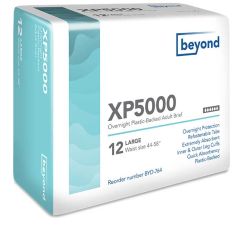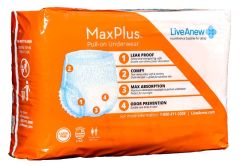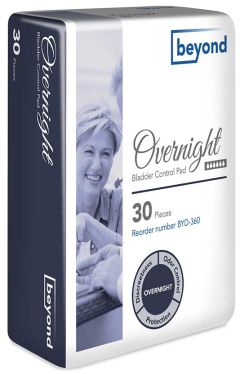April 12, 2021
10 Things to Know About Adult Bed Wetting
Don't let your embarrassment stop you from seeking the help you need.
Top 10 thing to know about Adult Bed Wetting
- You are not alone. Approximately 26 million American adults are affected by urinary incontinence and 1-2% of those experience bed-wetting. While it is an embarrassing problem, it is something that can usually be treated, and there are options for management. Don’t let your embarrassment stop you from talking to a doctor and seeking the help you need.
- It is called nocturnal enuresis. It is a medical condition. It is important to understand that adult bed-wetting is a far cry from childhood bed wetting. It is usually the result of a disorder, condition, or problem with the bladder. Therefore seeking medical treatment should be a priority.
- It can be treated. As mentioned, often times the underlying cause is treatable, and when treated the symptoms (bed-wetting) will resolve as well. You do not necessarily have to live with it your whole life. And even if it can’t be cured completely, there are things you can do to manage it in order to maintain normalcy and dignity.
- There are risk factors to consider. High stress, mismanaged diabetes, infection of the urinary tract, too much caffeine, and other factors may be contributing to, or putting you at higher risk for nocturnal enuresis. Avoiding those risk factors can help with management and control.
- There are different causes. There are a number of reasons an adult may have nocturnal enuresis, ranging from a neurological disorder, prostate obstruction, diabetes, overactive bladder, complications from childbirth or other medical issues and more. Understanding potential causes can help you to identify why you are suffering, and get a proper treatment plan set up.
- Treat the cause. Talk to a doctor. All too often individuals get caught up in the bed wetting itself and try to treat the symptoms. They stop drinking water at night, set alarms, seek medication, which can help reduce the symptoms but not eliminate them. Treat the cause first and the symptoms should lessen as a result.
- Manage the symptoms. Treat the cause, and manage the symptoms. Management can include several things from medications to the above-mentioned lifestyle changes, to bladder training and biofeedback. But in the end, it usually also involves the use of some type of incontinence or absorbent product to help catch leaks, and protect skin, clothing, and bedding. The right size, fit, and absorbency are key to protection and comfort. You can find incontinence supplies and products on LiveAnew, and use BestFit to quickly and easily sort through the options.
- Lifestyle changes can help. Avoiding caffeine, cutting off beverages a few hours before sleep, eating foods that aren’t natural diuretics, doing bladder training exercises and the like can all help with adult bed wetting.
- Medication might help. There are many instances where the right medication can eliminate the problem. This depends on the cause, and requires you to talk to a health care provider.
- Help yourself. Often those with nocturnal enuresis feel helpless and at the mercy of the health care professionals, medication, and the like. But there are things you can do to help yourself, such as bladder training, where you teach the bladder to eliminate at specific times, Kegel exercises, where you strengthen the pelvic floor muscles and waking at night to avoid wetting. Take control back and start living your life.


 FREE SHIPPING ON ALL ORDERS OVER $70
FREE SHIPPING ON ALL ORDERS OVER $70

